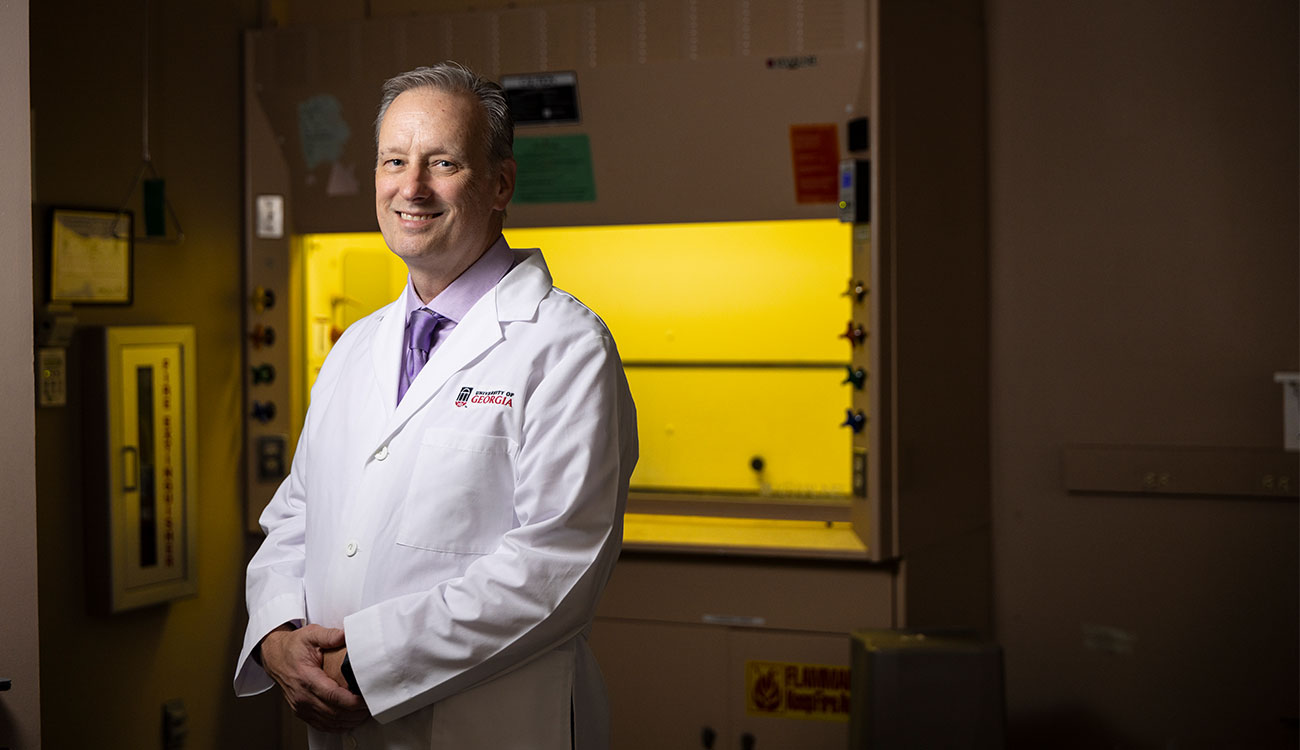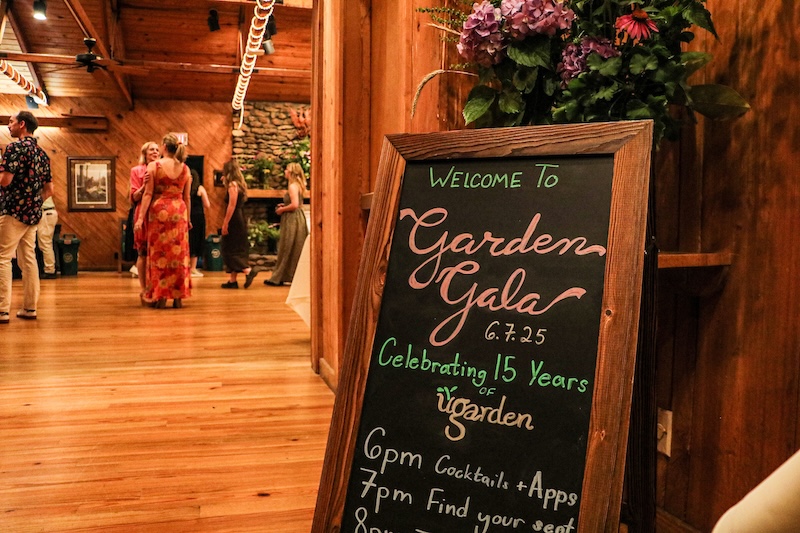By Morgan Roan
University of Georgia
Southern bacterial wilt was found on geranium cuttings imported into the United States from Guatemala on Dec. 31. One greenhouse in Georgia found suspected infected cuttings on Jan. 1, though, and the cuttings were all destroyed.
"This year, the greenhouse growers who received shipments were able to stop the spread of the bacterium and destroy the suspect plants before it became a problem," said University of Georgia scientist Jean L. Woodward.
Woodward, an assistant professor of plant pathology with the UGA College of Agricultural and Environmental Sciences, said the bacterium has been around for years.
"However, it wasn't until last year that it caused a problem in the greenhouses," she said. Infected plants came into the country in early 2003 from Kenya and Guatemala.
"Many crops had to be destroyed (in 2003)," she said, "because of the severity of the pathogen."
For spring garden shoppers, infected geranium cuttings aren't a concern. The U.S. Department of Agriculture acted quickly, Woodward said, in identifying growers who got the infected cuttings. The disease's spread was stopped before it started.
Geraniums are grown in hundreds of greenhouses throughout Georgia. Even high school horticulture clubs grow the plants, which they use for fund-raisers.
Geraniums are used in landscapes and in florists' arrangements. They're especially popular plants around Mother's Day.
Once plants are infected with this disease, Woodward said, they die. There is no control for it. "Neither fungicides nor bactericides will kill it," she said.
The only ways to keep the disease from spreading are to destroy infected plants and sanitize the greenhouses.
The lessons from last year's cases helped prevent the spread of the disease this year, Woodward said. "There is no problem with the geranium crop this year."
(Morgan Roan is a student writer with the University of Georgia College of Agricultural and Environmental Sciences.)






